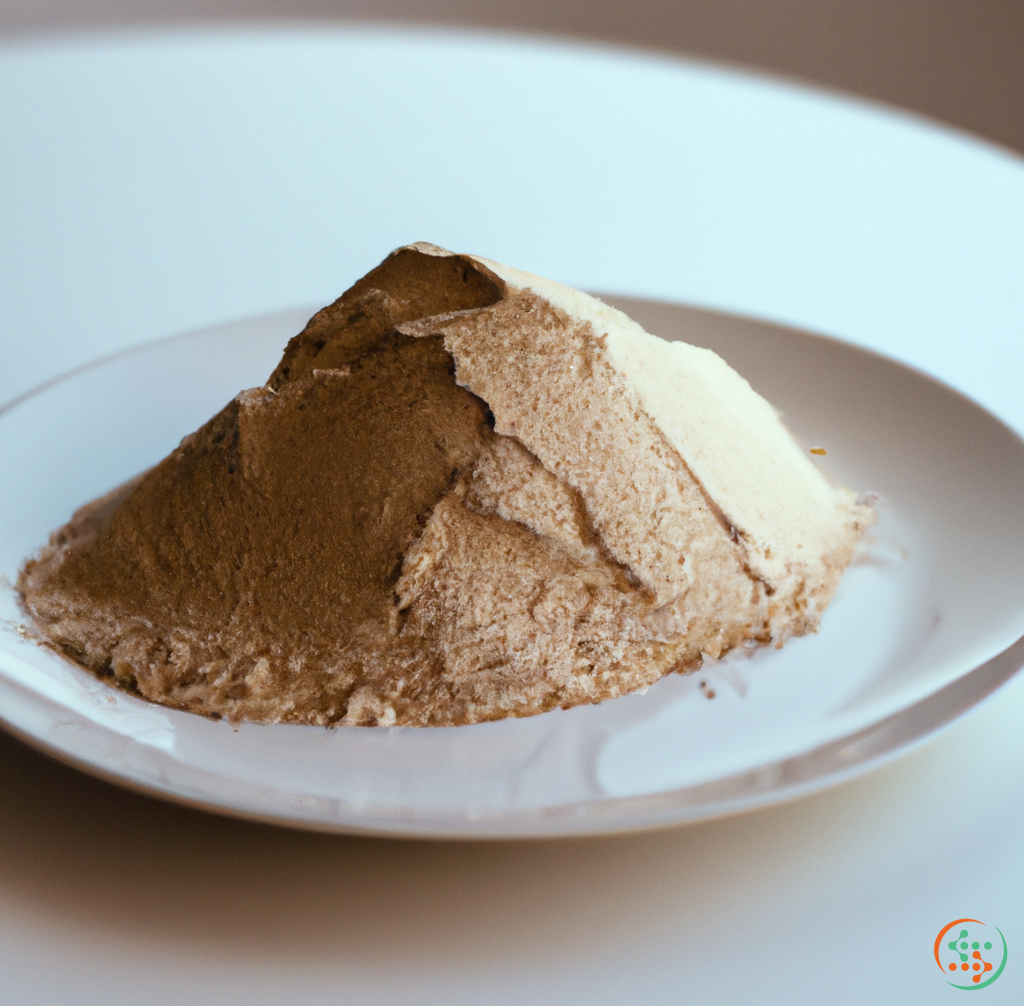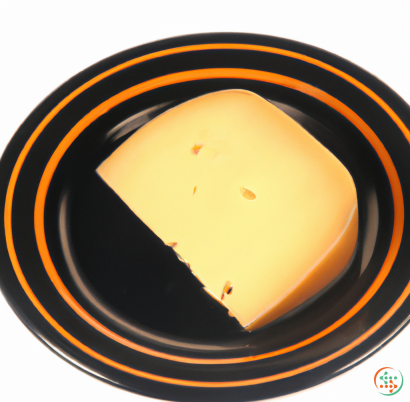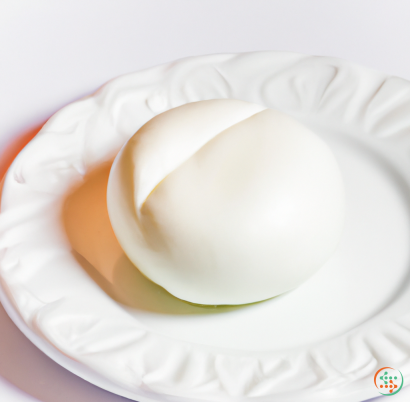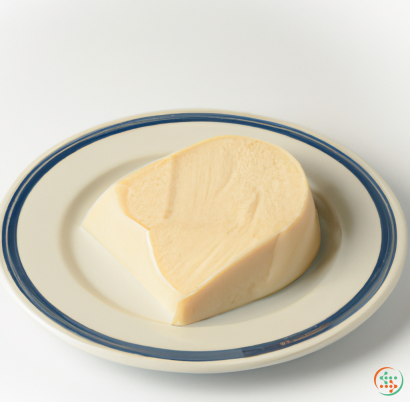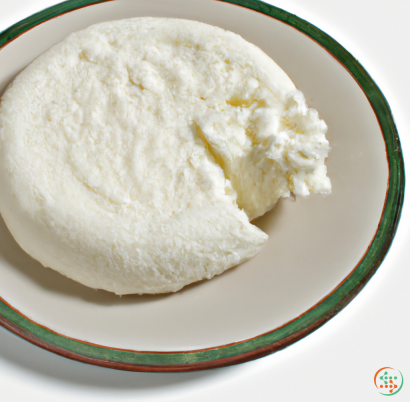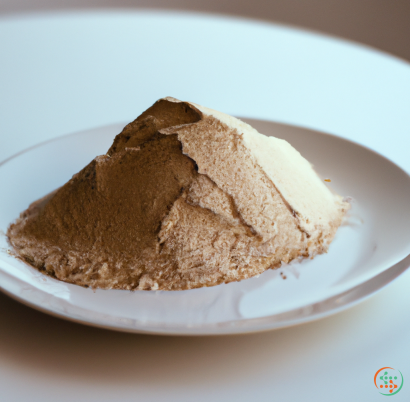Whey Protein Powder
Whey protein powder is a dietary supplement that has become increasingly popular in the health and fitness industry over the last few decades. It is one of the most popular forms of protein powder and is often used by bodybuilders and athletes to help increase muscle mass and enhance performance.
What Exactly Is Whey Protein?
Whey protein is derived from milk, specifically the liquid that is left over after the milk has been processed. This liquid is known as whey and is comprised of proteins, carbohydrates, fats and minerals. It is the protein component of whey that makes it so beneficial to both athletes and bodybuilders. Whey is a high-quality source of essential amino acids, which are the building blocks of protein. Amino acids are responsible for many biological processes and play an important role in muscle growth and recovery.
How Can You Benefit From Whey Protein?
Whey protein has been studied extensively and is known to have a number of benefits including:
- Increasing muscle growth: Research has found that when taken before or after a workout, whey protein can help to promote muscle growth by stimulating an increase in muscle protein synthesis.
- Enhancing fat loss: A study conducted on overweight and obese individuals found that when added to a calorie-controlled diet, whey protein could help to promote weight loss by aiding in fat reduction.
- Increasing strength and performance: Another study found that when timed correctly, whey protein can help to increase strength and reduce fatigue in athletes.
- Boosting immunity: Whey protein also has immune-boosting benefits; it has been studied and found to increase levels of glutathione, an antioxidant that is important for proper immune functioning.
- Increasing satiety: Whey protein can increase satiety and help to reduce hunger. This can be especially beneficial when trying to control calories in order to lose weight.
Types of Whey Protein
There are three main types of whey protein:
1. Whey concentrate: This type of whey protein contains anywhere between 35–80% protein and typically has some lactose and fat. It is considered the least pure form of whey, as it is made up of not only proteins, but other components as well.
2. Whey isolate: This type of whey protein contains 90–95% protein and is typically lactose and fat-free. This makes it the purest form of whey, as the other components have been removed during the production process.
3. Whey hydrolysate: This type of whey protein is partially broken down, making it easier for the body to digest and absorb it. It is also typically lactose and fat-free.
It is important to note that the type of whey that is best for you will depend on a variety of factors such as your activity level, dietary goals and allergy/intolerance needs.
Should You Take Whey Protein?
If you are looking for a dietary supplement to help you reach your fitness and health goals, whey protein is an excellent choice. It is a high-quality source of essential amino acids and has been studied and found to have a number of benefits, including increased muscle growth and strength, increased fat loss, and enhanced immunity. It is important to note that not all whey proteins are created equal; some are higher in protein and lower in lactose and fat than others. So, it is best to do your research and find the type of whey protein that best suits your needs.
Whey Protein Powder: From the Farm to Your Plate
There’s no denying that whey protein powder is one of the most widely used bodybuilding and health supplements on the market today. Whether you’re taking whey protein to increase your athletic performance, build muscle, or just trying to stay healthy, understanding where it comes from and the manufacturing process it goes through before ending up on your plate is important. So let’s take a deeper dive into the journey of whey protein, from the farm to your plate.
The Origin of Whey Protein
First and foremost, it’s important to understand the origin of whey protein. Whey is actually a byproduct of cheese production, which is why it’s often referred to as “milk” protein! The manufacturing process involves separating the milk solids (such as fat and casein) from the liquid whey byproducts. The liquid whey is then dehydrated and spray dried into a powder form––which is the format that you see on the shelves at your local health food store or online.
Turning Fresh Milk into Whey Protein
Before we get into the details of how whey protein is manufactured, it’s important to understand the basics of where fresh milk comes from, and how it becomes whey protein.
Milk starts off its journey as part of a cow’s natural lactation cycle. Once the cow produces enough milk, it is collected from the farm and transported to a processing facility. Here, it is chilled and subsequently pasteurized to eliminate any potential bacteria and contaminants before being taken for further processing.
At this point, the first step in turning fresh milk into whey protein occurs. This is referred to as “curdling,” and involves adding an acid or enzyme to the milk to start the separation of the solid proteins from the liquid whey.
The cheese-making process continues with the solid proteins being separated further and formed into curds that are solid, while the remaining liquid is separated from the curds and is then known as “whey”––the starting point for whey protein powder!
Manufacturing Whey Protein Powder
The process of converting the liquid whey into a powdered form is quite complex, and involves multiple steps of dehydration and filtering.
To begin the process, the whey is pre-filtered until all the impurities, such as fat and lactose, are removed. This results in a whey concentrate that is approximately 80% protein, in addition to being much lower in fat, carbohydrates, and lactose.
Once the whey concentrate is produced, it is then subject to a series of high-pressure filtration and dehydration processes that “press” the moisture out of the concentrate and leave only the high-protein solids behind. The end result of this stage is whey protein isolate, which is almost pure protein, and contains no fats, lactose, or carbohydrates.
Finally, the whey protein isolate is then put through the spray drying process, which involves atomizing the whey protein isolate into tiny particles and dehydrating them using hot air. This process removes the last of the moisture, and creates a dry, powdered form of the protein which can be easily stored and packaged for distribution.
From Manufactured to Packaged
Now that the whey protein has been manufactured, it is ready to be packaged and shipped to stores. This part of the process involves hermetically sealing the whey protein powder into airtight containers before labeling them according to customer requirements.
Once the whey protein has been packaged, it is ready to be shipped to stores, where it is made available for customers to purchase. The manufacturing process is complete and the whey protein is on its way to making an appearance on your dinner plate!
How Whey Protein Benefits Your Body
Now that you understand the journey of whey protein, you also might be wondering how it can benefit your body.
Protein is naturally a macronutrient, which is essential for growth, development, and coordination of your body. It plays a key role in building and repairing tissues, in addition to helping promote an active metabolism.
On a cellular level, protein helps build and strengthen cells, so if you’re looking to repair muscle tissues after workouts, protein is the perfect way to do so. In addition the the essential amino acids found in whey protein, they are also easily digested and absorbed, making it a great post-workout supplement to help rebuild and repair your muscles.
Since whey protein powder is a good source of protein, it is also beneficial for weight loss and improving your body composition. It helps keep you feeling full for longer, which helps reduce cravings and overall food consumption. In addition, since protein can boost your metabolism, it can also help burn more calories.
Final Thoughts
When it comes to supplementing your diet with whey protein, understanding how it is created and processed can help you make an informed decision about what to buy. From the farm to the store, the journey of whey protein may be a long and complex one, but the rewards of having an accessible and nutritional supplement are definitely worth the effort!
| Vitamin B1 | 0.61 mg | |
| Vitamin B2 | 0.00202 grams | |
| Vitamin B3 | 0.00114 grams | |
| Vitamin B4 | 0.224 grams | |
| Vitamin B5 | 0.00552 grams | |
| Vitamin B6 | 0.61 mg | |
| Vitamin B9 | 0.033 mg | |
| Vitamin B12 | 0.00245 mg |
| Calcium | 0.469 grams |
Daily Value 1.3 g
|
| Iron | 0.00113 grams |
Daily Value 0.018 g
|
| Magnesium | 0.195 grams |
Daily Value 0.4 g
|
| Phosphorus | 1.321 grams |
Daily Value 1.25 g
|
| Potassium | 0.5 grams |
Daily Value 4.7 g
|
| Sodium | 0.156 grams |
Daily Value 2.3 g
|
| Zinc | 0.00618 grams |
Daily Value 0.011 g
|
| Copper | 0.05 mg |
Daily Value 0.9 mg
|
| Selenium | 0.0267 mg |
Daily Value 0.055 mg
|
| Total Sugars | 0 ug |
per 100g
|
| Caproic acid (6:0) | 0.01 grams |
|
| Caprylic acid (8:0) | 0.01 grams |
|
| Capric acid (10:0) | 0.02 grams |
|
| Lauric acid (12:0) | 0.01 grams |
|
| Myristic acid (14:0) | 0.07 grams |
|
| Palmitic acid (16:0) | 0.43 grams |
|
| Stearic acid (18:0) | 0.14 grams |
|
| Butyric acid (4:0) | 0.04 grams |
|
| Total Saturated fatty acids: | 0.73 g | |
| Oleic acid (18:1) | 0.14 grams |
|
| Palmitoleic acid (16:1) | 0.02 grams |
|
| Total Monounsaturated fatty acids: | 0.16 g | |
| Linolenic acid (18:3) | 0.03 grams |
|
| Linoleic acid (18:2) | 0.26 grams |
|
| Total Polyunsaturated fatty acids: | 0.29 g | |
| Cholesterol | 0.02 grams |
|
| Total Sterols: | 0.02 g | |
